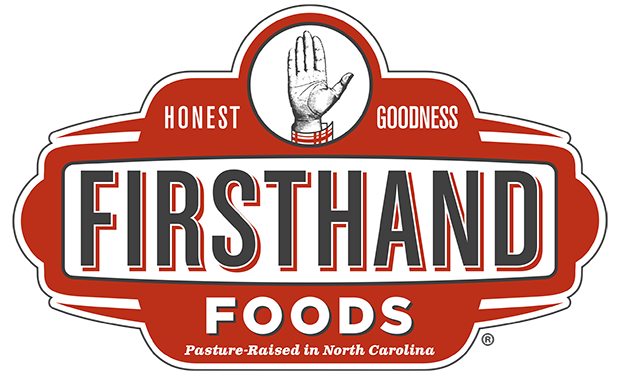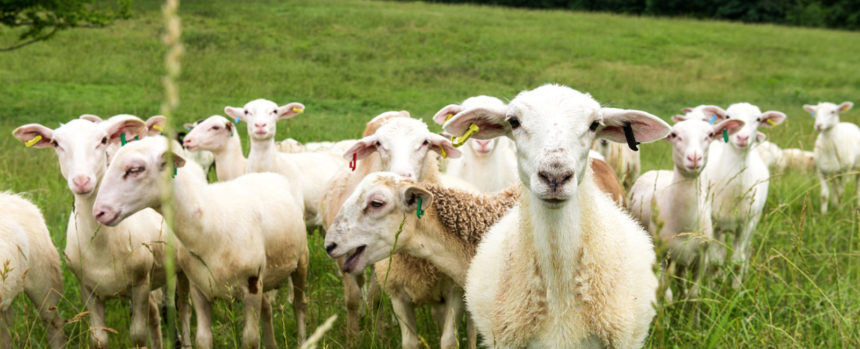Sheep production is a very small segment (less than 1%) of the livestock industry in the U.S. We’d like to change that since we believe sheep provide multiple benefits for farmers, consumers and the environment. Why is there so little interest in sheep? One reason is that wool is so rarely used to make clothing anymore. Another is that American consumers have developed a taste for chicken, pork and beef and are not exposed to lamb on any kind of regular basis. We meet so many people who have never tried lamb and usually they don’t want to because they are concerned it’s going to have a strong pungent or gamey flavor. Nothing could be farther from the truth when it comes to Firsthand Foods lamb. It’s mild and delicious.
Most of the sheep in the US are raised in western states. In fact, Texas and Colorado are home to sizable sheep production. According to the USDA Economic Research Service, there are two dominant sheep production systems in the US. The first is stock-sheep production. These are large enterprises in arid regions where sheep are grazed on land unsuitable for any other kind of agricultural production. These sheep farmers specialize in managing their forage base and sell young lamb more or less as a commodity. The second type of enterprise is a feedlot where young lamb are brought to fatten on grains. Almost all lamb served in restaurants or sold in the grocery store in the US is either coming from a feedlot operation or its imported. In reality, half of the lamb consumed in the US is imported from Australia and New Zealand.
Firsthand Foods lamb is different. First of all, it’s a Khatadhin hair sheep, so wool is not part of the equation. These sheep do much better in the heat of the south and are resistant to parasites, a major threat to their survival. All of our sheep are raised at Back Creek in Mt. Ulla where they live outdoors on pasture and are grazed in a multi-species operation with beef cattle (and sometimes chickens!). While most of their nutrition comes from forages, they are also fed a supplement. The ewes especially require the supplement to stay in good body condition for lambing twice a year so that we can have a year-round consistent supply of lamb. Firsthand Foods sheep also spend part of their lives grazing on nearby solar farms, where they fertilize the pastures, help sequester carbon and eliminate the need for fossil fuels.
We’re excited to be in the lamb business. We enjoy introducing customers to a delicious product, supporting solar farms and multi-species regenerative grazing, and bringing back a lost industry to North Carolina.
Thanks to grant support from the American Lamb Board, Firsthand Foods will be sampling lamb at all of our retail locations throughout much of 2020. Follow us on our social media platforms to find out when and where! Come give it a try. You might be surprised at how much you like it.

